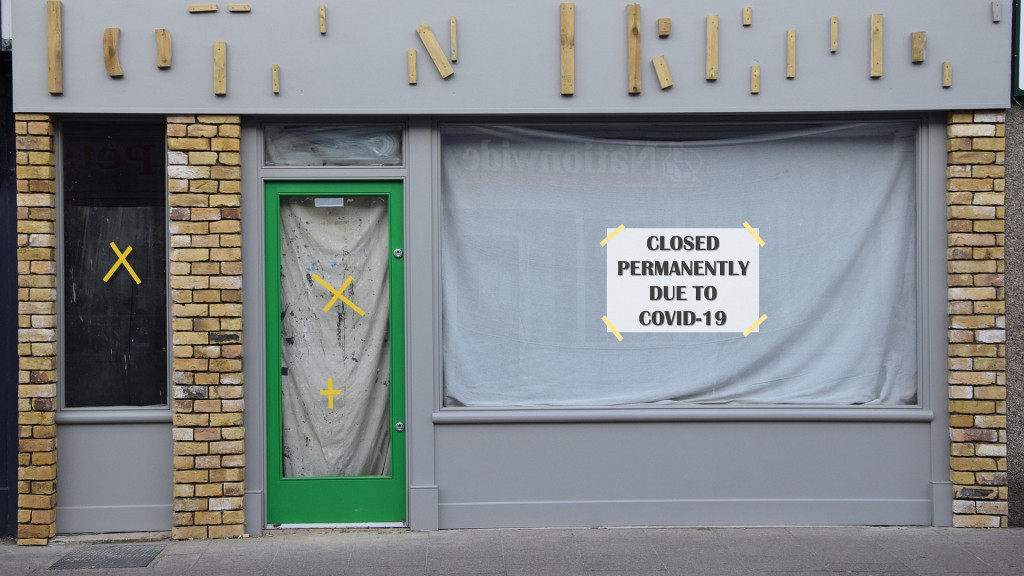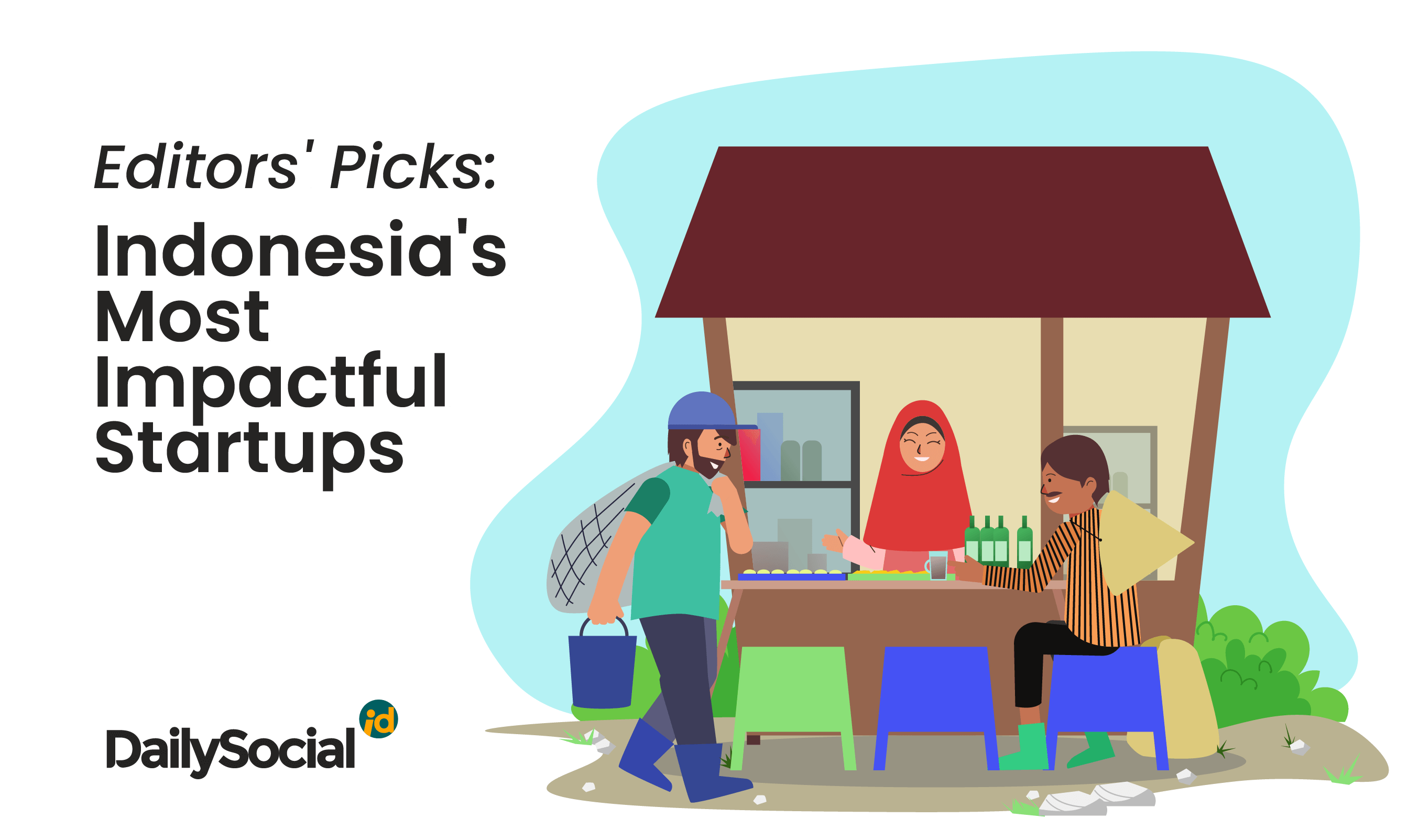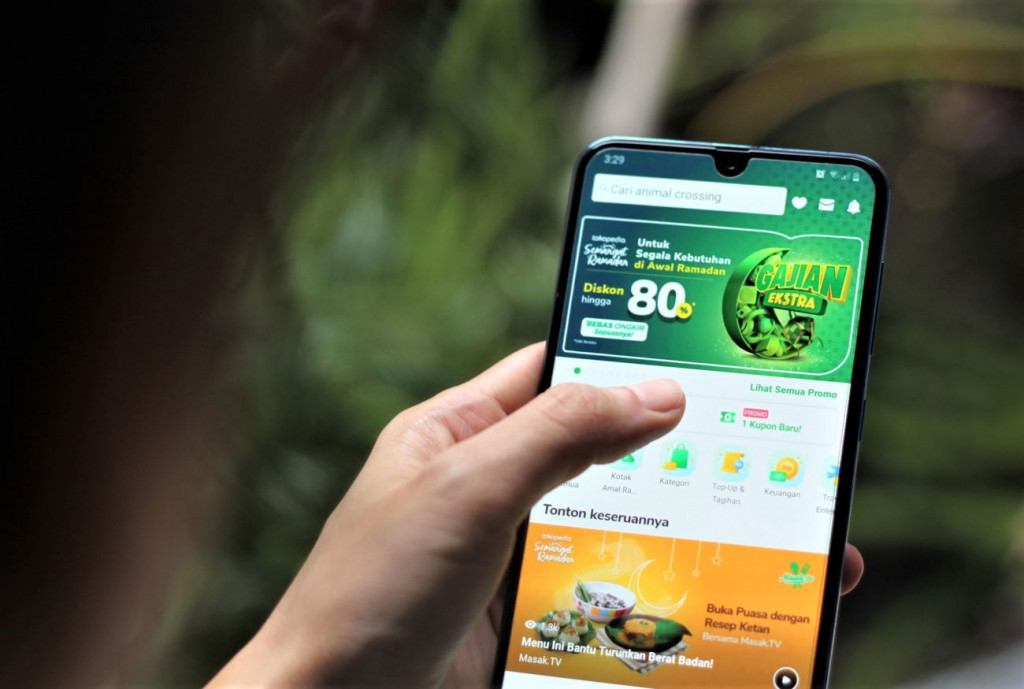The corona pandemic has severed some culinary businesses in the country. The declining situation is inevitable due to the susceptive character of coronavirus disease 2019 (Covid-19) that forces people to do most activities at home.
Since the first Covid-19 case emerged in early March, the food business has reportedly continued to shrink. The loss has affected such players as the upper-middle-class restaurants and micro and small culinary enterprises. Digital platforms providing culinary business needs will also be affected. It happens to Stoqo.
Stoqo officially announced an operational shutdown. A few days before, the startup, which was led by Aswin Andrison as a Co-Founder & CEO, only announced that it had temporarily stopped operating. However, the pandemic finally forced them out of business.
“Since 2017, we have built STOQO to serve and empower SMEs in the culinary field in Indonesia. However, the situation triggered by the COVID-19 pandemic has caused a drastic reduction in revenue for us,” Stoqo wrote on their website.

Upcoming Hazard
Stoqo is a platform that focuses on providing basic food needs for places to eat, especially restaurants, catering cafes, and home-based culinary businesses. Stoqo supplies a variety of foods ranging from meat, vegetables, flour, coffee, and others.
Aswin stated that Stoqo was focused on playing in the B2B segment ever since. They realize the platform as a hub to meet the needs of culinary businesses. With the prospect of being considered quite brilliant, it’s no wonder Stoqo won series A funding from Monk’s Hill Partners and Accel Partners India at the end of December 2018.
However, the reality ended bitterly for Stoqo. The number of restaurants, cafes, and restaurants that stopped operating claimed their income. The Indonesian Hotel and Restaurant Association said that at least thousands of restaurants were closed due to the Covid-19 outbreak.
The unfortunate events of B2B commerce business like Stoqo also happen to Eden Farm and Wahyoo. Although, the scale is yet to worrying. Eden Farm Founder & CEO, David Gunawan said there were two segments they generally served, namely restaurants and grocery stalls. Of the two, David said that the restaurant was hit by the bigger impact.
“It’s true that high-end restaurants and those in the mall are closed or shifting to delivery, half of our clients in the segment are closed,” David told DailySocial.
Meanwhile, Wahyoo Founder & CEO Peter Shearer shared a similar experience. A number of stalls affiliated with Wahyoo have stopped operating, especially those located in office areas. Peter also did not mention the exact number. But he made sure other stalls were not seriously affected by this outbreak, especially those located in residential and settlement areas.
Survival strategy
Although the impact is not as severe as Stoqo’s experience, a prolonged pandemic can be a scourge for the sustainability of the Wahyoo and Eden Farm businesses. Special strategies are needed so that they avoid the same fate of Stoqo.
Peter mentioned the problem is to keep the request ongoing. The trick to Wahyoo’s demand has been to help stalls sell on digital platforms such as Go-Food. At the same time, the implementation of large-scale social restrictions (PSBB) in many regions has shifted shopping patterns in Wahyoo.
“The positive impact is that the PSBB and Covid-19 have forced the food stall owners to adapt faster,” he added.
On the other hand, Eden Farm, which clients are mostly grocery stores, has another strategy to stay afloat during this pandemic. David said they now rely on the agency system to reach buyers who are reluctant to leave the house.
David rejects this new system as B2C. He said that his party only reactivated the group purchasing model, which actually existed since last year but was only revived three weeks ago.
Changes in segment composition also helped Eden Farm from the majority of their clients, restaurants and middle-up restaurants to the majority of SMEs. David said that currently 80% of their clients are middle-to-lower business people.
“We’re still getting new customers, the customer purchase growth is ongoing. Indeed, it was reducing in the early days [the pandemic], but it was back [normal] again after a few weeks,” said David.
PHRI Deputy Chairman for the Restaurant Sector Emil Arifin said there were already thousands of restaurants that had stopped operating throughout Indonesia. The estimated figure comes from the number of restaurants scattered in 327 malls that have been closed out of a total of 700 malls. In other words, more than 8,000 restaurants have closed.
“That does not include restaurants in office buildings, stand alone, in tourist parks and other facilities outside the mall. If you want to add up all of them, I think twice,” Emil explained to DailySocial.
Under this situation, Emil estimates that the culinary business in the country has lost around Rp2.5 trillion per month with 200 thousand people losing their jobs.
–
Original article is in Indonesian, translated by Kristin Siagian













